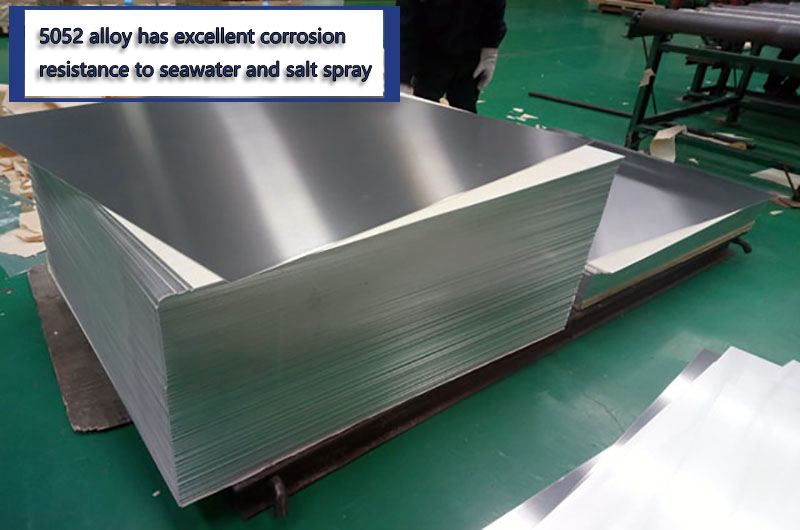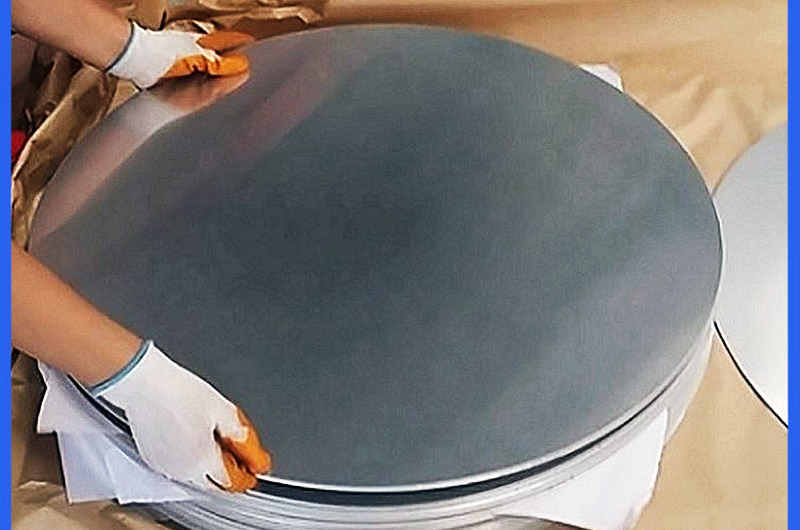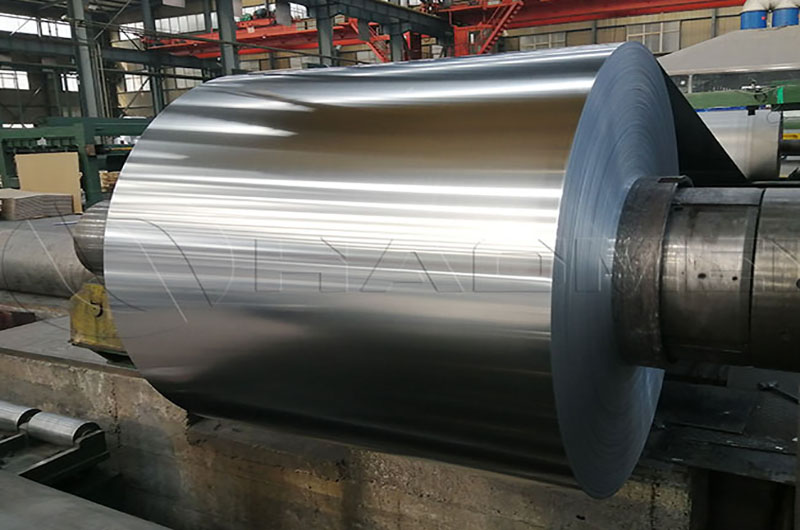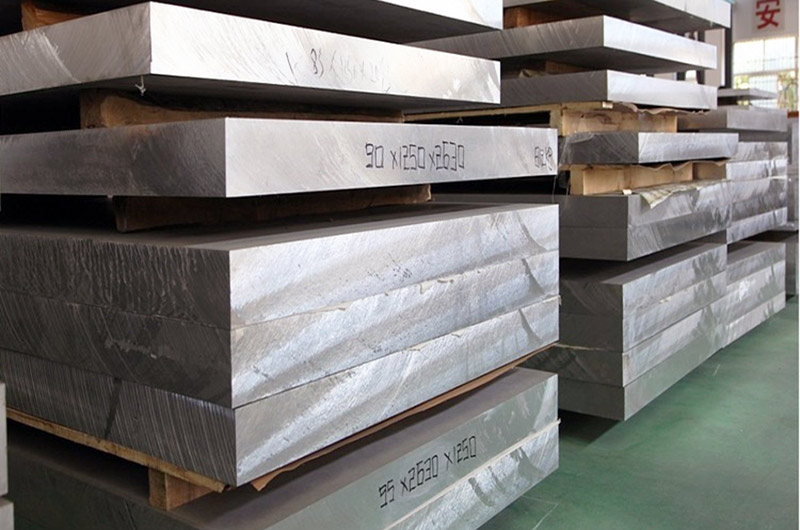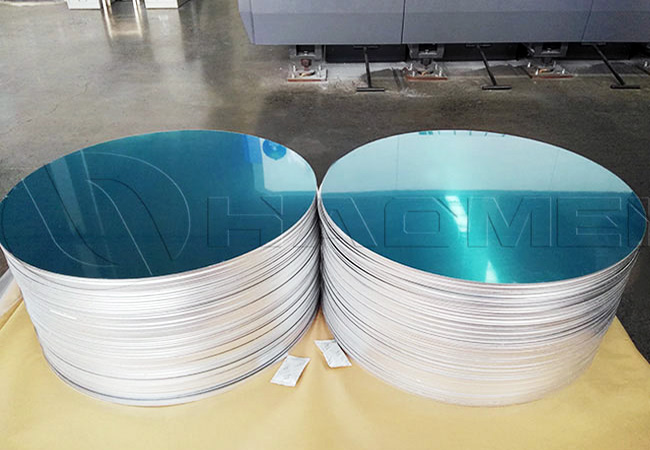- Fuel Tank be made of Aluminum Advantages
- Aluminum Alloys for Fuel Tank
- Aluminum Fuel Tank Manufacturing Processes
- Aluminum Fuel Tank Coatings and Treatments
- Aluminum Fuel Tank Regulatory Compliance
- Aluminum Fuel Tank Applications
- Aluminum Fuel Tank Considerations
- Problems often encountered during the use of aluminum Material for fuel tank and how to solve them
Yes, fuel tanks can be made of aluminum, and aluminum is a common material used in the manufacturing of fuel tanks for various applications. Here are some key points to consider:
- Corrosion Resistance: Aluminum is known for its excellent corrosion resistance. This is particularly important for fuel tanks as they are exposed to various environmental conditions, including moisture and different types of fuels.
- Lightweight: Aluminum is a lightweight material, making it advantageous for applications where weight is a critical factor, such as in aviation and automotive industries.
- Strength: Aluminum alloys can provide a good balance of strength and weight, making them suitable for constructing durable yet lightweight fuel tanks.
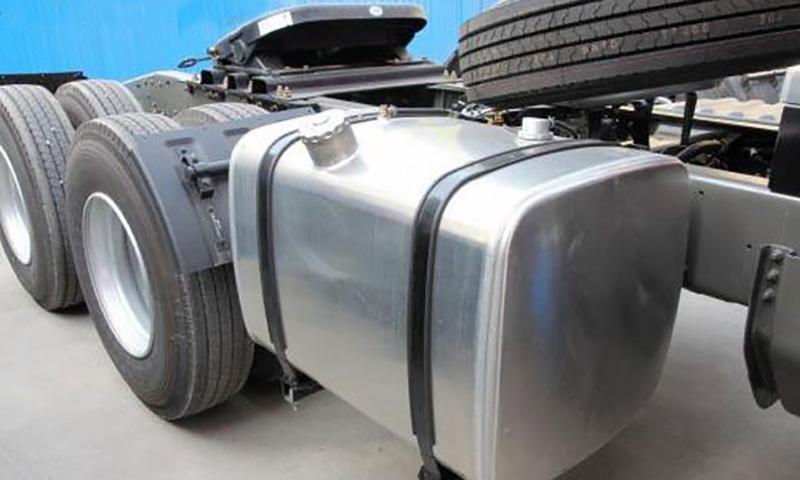
Fuel Tank be made of Aluminum Advantages
Aluminum's high strength-to-weight ratio contributes to fuel efficiency in transportation applications.
The recyclability of aluminum is an environmental advantage.
Aluminum Alloys for Fuel Tank
Different alloys of aluminum can be used based on the specific requirements of the application. Alloys such as 5052 and 6061 are commonly used in the construction of fuel tanks.
5052 Aluminum Alloy for Fuel Tank
- Corrosion Resistance: 5052 is known for its excellent corrosion resistance, especially in marine environments. This makes it suitable for applications where exposure to moisture or corrosive substances is a concern.
- Formability: 5052 is highly formable and can be easily shaped through various fabrication processes, including bending and deep drawing. This characteristic is advantageous in creating complex tank shapes.
- Weldability: 5052 is readily weldable using conventional welding methods, such as TIG or MIG welding. This makes it easier to manufacture fuel tanks with intricate designs.
- Strength: While 5052 is not as strong as some other aluminum alloys like 6061, it provides a good balance of strength and formability. It is often used in applications where a lightweight material with moderate strength is required.
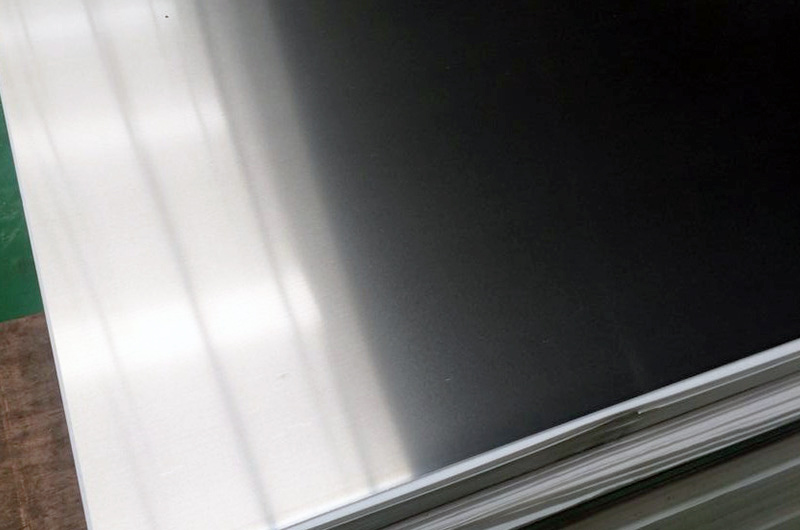
6061 Aluminum Alloy for Fuel Tank
- Strength: 6061 is known for its high strength, which makes it suitable for applications where structural integrity is a critical factor. It has better strength characteristics compared to 5052.
- Weldability: While 6061 can be welded, it may require special considerations due to its heat-treatable nature. Welding may affect the material's heat-treated properties, and post-weld heat treatment might be necessary in some cases.
- Machinability: 6061 is known for its excellent machinability. If the fuel tank design involves intricate machining or detailed components, 6061 may be a preferred choice.
- Applications: 6061 is often used in structural applications in aerospace, automotive, and other industries where high strength and good machinability are essential.
How to Choose Aluminum for Fuel Tank
Environmental Conditions: If the fuel tank is exposed to harsh environmental conditions, such as saltwater or corrosive chemicals, 5052 may be a better choice due to its superior corrosion resistance.
Weight Considerations: If weight is a critical factor and the application requires a lightweight material, 5052 may be preferred. However, 6061 can provide higher strength with a relatively lightweight design.
Fabrication Requirements: Consider the fabrication processes involved. If the design requires extensive forming or bending, 5052's superior formability might be an advantage. If machining is a significant part of the fabrication process, 6061's excellent machinability could be beneficial.
Structural Requirements: If the fuel tank needs to provide structural support or if high strength is a priority, 6061 may be a more suitable choice.
Cost Considerations: The cost of materials can also be a factor. In some cases, 5052 may be more cost-effective than 6061, but this can vary depending on market conditions and other factors.
Ultimately, the choice between 5052 and 6061 depends on a careful evaluation of the specific requirements, constraints, and priorities of the given application.
Aluminum Fuel Tank Manufacturing Processes
Fuel tanks can be fabricated from aluminum sheets using various manufacturing processes, including welding, forming, and machining.
Welding is a common method used to join aluminum components, and techniques like TIG (Tungsten Inert Gas) welding or MIG (Metal Inert Gas) welding may be employed.
Aluminum Fuel Tank Coatings and Treatments
While aluminum is corrosion-resistant, additional coatings or treatments may be applied to enhance its resistance to certain environmental conditions or specific types of fuels.
Surface treatments like anodizing can be used to improve the durability and corrosion resistance of the aluminum.
Aluminum Fuel Tank Regulatory Compliance
When designing and manufacturing fuel tanks, it is crucial to comply with safety and regulatory standards. This includes considerations for the material properties, structural integrity, and safety features of the fuel tank.
Aluminum Fuel Tank Applications
Aluminum fuel tanks find applications in various industries, including automotive, aerospace, marine, and power generation.
Aluminum Fuel Tank Considerations
Aluminum can be more expensive than some other materials, which may influence the choice of material in certain applications.
Compatibility with specific types of fuel should be considered to ensure the material's integrity over time.
Problems often encountered during the use of aluminum Material for fuel tank and how to solve them
While aluminum is a popular material for fuel tanks due to its advantageous properties, there can be challenges encountered during its use. Here are some common problems and potential solutions:
1. Corrosion
Problem: Despite its corrosion resistance, aluminum can still corrode, especially in the presence of certain fuels or environmental conditions.
Solution: Use corrosion-resistant alloys such as 5052 or apply protective coatings. Regular inspections and maintenance to identify and address any signs of corrosion early on can help prevent extensive damage.
2. Welding Issues
Problem: Welding aluminum can be challenging due to its high thermal conductivity and sensitivity to heat.
Solution: Employ skilled welders with experience in aluminum welding. Use appropriate welding techniques, such as TIG or MIG welding, and consider post-weld heat treatment if necessary. Proper joint design and fit-up are crucial.
3. Cracking and Fatigue
Problem: Aluminum can be susceptible to cracking and fatigue failure, especially in areas subject to stress concentrations.
Solution: Design the fuel tank with proper reinforcement in high-stress areas. Ensure that welds are of high quality and free from defects. Consider stress-relieving processes during manufacturing.
4. Compatibility with Fuels
Problem: Some fuels or fuel additives may react with aluminum, leading to corrosion or other issues.
Solution: Choose the appropriate aluminum alloy with good resistance to the specific fuel or use coatings and liners that provide a barrier between the aluminum and the fuel. Conduct compatibility tests to ensure that the selected materials can withstand the intended fuel.
5. Impact Resistance
Problem: Aluminum can be prone to denting or puncture in the event of an impact.
Solution: Design the fuel tank with sufficient impact-resistant features, such as reinforced walls or protective layers. Consider incorporating shock-absorbing materials or structures to minimize the risk of damage in case of collisions.
6. Sealing and Leak Prevention
Problem: Ensuring a proper seal and preventing leaks in joints and seams is crucial for fuel tanks.
Solution: Implement high-quality welding and sealing techniques. Regularly inspect the tank for signs of leaks, and conduct pressure tests during manufacturing and maintenance to verify the integrity of the tank.
7. Thermal Expansion
Problem: Aluminum has a relatively high coefficient of thermal expansion, which can lead to dimensional changes with temperature variations.
Solution: Design the fuel tank with expansion joints or allow for thermal movement in the tank structure. Consider the impact of thermal expansion during the tank's design phase to prevent issues such as distortion or stress.
8. Material Selection for Specific Conditions
Problem: Choosing the wrong aluminum alloy for specific conditions can lead to performance issues.
Solution: Conduct a thorough analysis of the operating environment, including temperature, humidity, and exposure to corrosive elements. Select an aluminum alloy that best suits the intended conditions.
Regular inspections, preventive maintenance, and adherence to proper design and fabrication standards are essential to mitigate potential issues associated with using aluminum for fuel tanks. Additionally, staying informed about advancements in materials and manufacturing techniques can contribute to improving the performance and reliability of aluminum fuel tanks.
In summary, aluminum is a suitable material for fuel tanks due to its corrosion resistance, lightweight nature, strength, and versatility. Proper design, manufacturing processes, and compliance with regulations are crucial to ensuring the safety and effectiveness of aluminum fuel tanks in various applications.
Informations you may be interested in:

